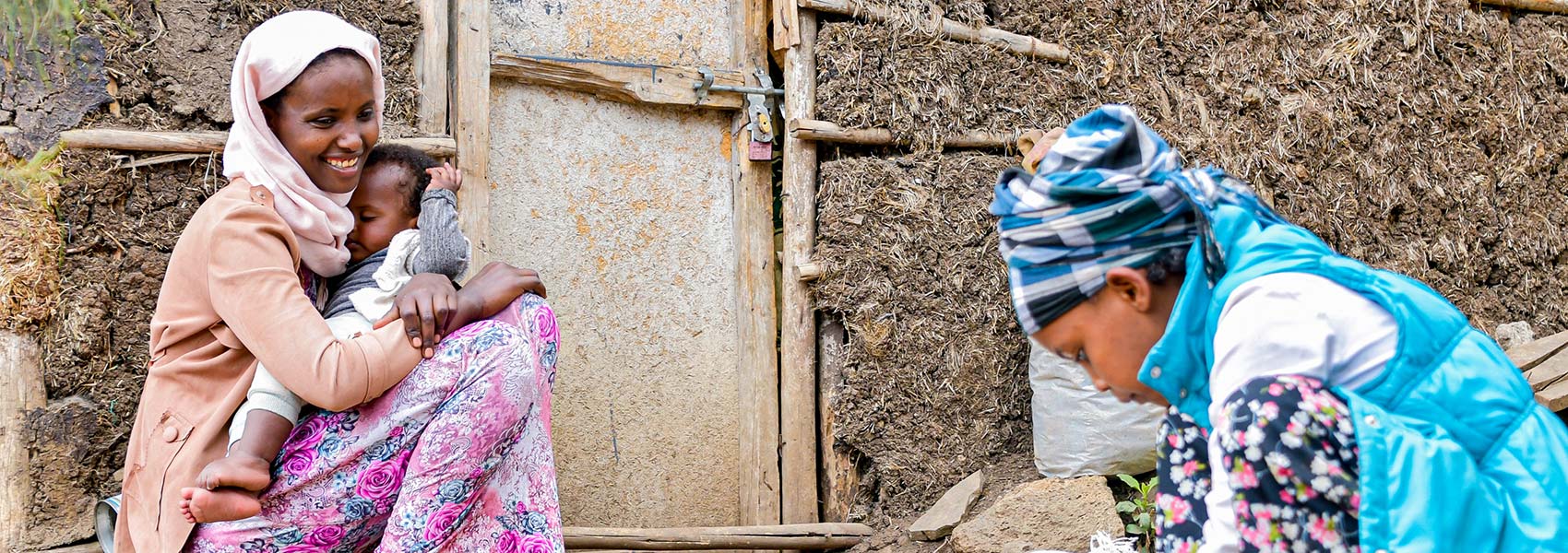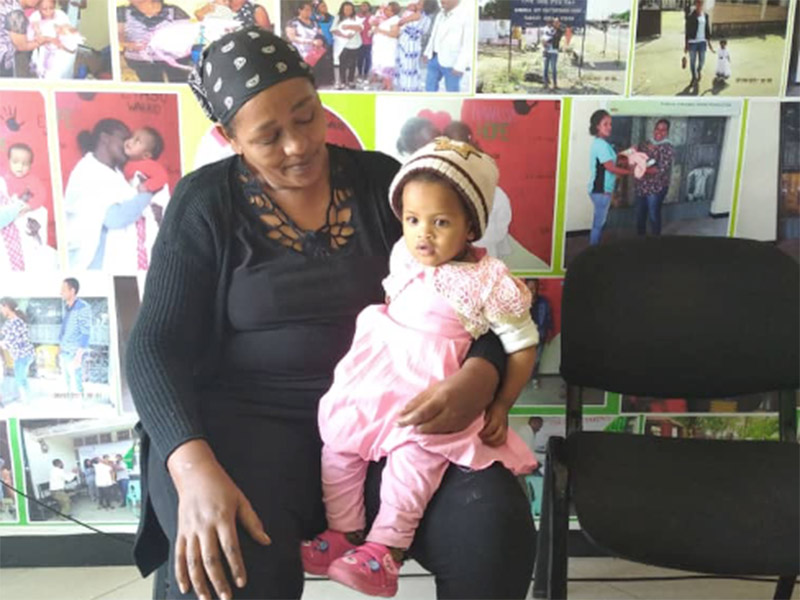Finding families for children in Ethiopia
Bethany is leading a movement to get Ethiopians kids out of orphanages and into homes.
Brad Kramer

According to a United Nations estimate, Ethiopia is home to 4.5 million orphans and vulnerable children. In response to this massive need, Bethany in Ethiopia began a foster care and adoption program in 2008 to help vulnerable children find safe, loving homes.
When the Bethany program first started, international adoption was the only option for children who couldn’t be reunified with family and needed a permanent new home. Even as Bethany matched children with adoptive families in the U.S., we were laying the foundation for a foster-to-adopt program in Ethiopia, so children could live with families in their own communities.
Early on, one of the biggest challenges was Ethiopian culture. Traditionally, families do not care for children who are not biological relatives—making orphanages the only alternative. “The community mentality was that caring for orphaned children was the business of Western child welfare organizations,” says Dawit Fekadu, Bethany’s Ethiopia country director.
Then, in 2018, the project took on greater urgency when the Ethiopian government banned international adoptions. A year later, in 2019, a USAID grant enabled Bethany to partner with the Ethiopian Ministry of Women, Children, and Youth to create the official legal framework for foster care and adoption, prioritizing local families over orphanages. The grant also allowed Bethany to promote family-based care in a national marketing campaign using billboards, radio, TV, and other platforms.
The response from the Ethiopian community has been remarkable. Since 2009, Bethany has found foster-to-adopt families for over 600 children in Ethiopia and finalized over 400 adoptions.
Adenach* lives in Hawassa, Ethiopia, and works at Hawassa University. She and her husband became interested in adoption after encountering a child who’d been abandoned at a local hospital. With the hospital's permission, they cared for the child temporarily while the government searched for the child's family. The experience awakened a desire to serve vulnerable children who need a family.
Through Bethany's adoption program, Adenach and her husband gave a new home to Abeba, a young girl who lived in an orphanage. When Adenach's husband died in a tragic accident, she came to see Abeba’s adoption as a symbol of God's blessing amid great loss. And with Bethany's support, Adenach is saving money for Abeba's future education.
 Adenach and Abeba
Adenach and Abeba
“The major secret [of our success] is that we present orphan care as a calling for the Church. It is not mainly the responsibility of NGOs; it is the responsibility of the Church,” Dawit shares.
Through orphan care summits which bring together faith leaders around the country, and marketing efforts on Christian radio and TV, Bethany has developed a vast network of churches that are passionate about providing homes for orphans. “Our social workers get calls almost daily from church members who are interested in applying to be part of the foster care program,” says Dawit.
Churches are also a vital support network for foster and adoptive parents. Many of Bethany’s support groups are hosted by churches. In these groups, parents share their questions and challenges and pray for each other. Through the pandemic, many of these groups continued to meet virtually, giving foster parents a vital connection to community resources and support.
Beyond expanding our foster-to-adopt work, the USAID grant is allowing Bethany to provide for more children through temporary foster care and reunification services. The tragic reality in Ethiopia is that “orphans” often have living relatives who cannot, or will not, care for them. “Poverty is one of the major reasons children are surrendered to orphanages,” Dawit explains.
Reunifying a child with their family is far more challenging than simply locating the family, because the child cannot be reunified until the family’s circumstances change. To accomplish this, Bethany provides business skill training, job placement, loan services, and other holistic support to biological families. “The goal is that families can become self-sufficient and once again provide care for their children,” says Dawit.
In 2021, Bethany in Ethiopia aims to help 26 families reunite with and safely care for their children. And because orphans with special needs are an especially marginalized group in Ethiopia, we’re starting an initiative to find homes for them.
Dawit is incredibly grateful for donors around the world who provide ongoing support for our work. “In Ethiopia, a small gift can make a big difference,” Dawit says. He also asks for fervent prayer for his team and country. The COVID-19 pandemic greatly increased the number of orphans and vulnerable children. Ethiopia is also experiencing significant civil and political unrest, placing many children in harm’s way.
But Dawit sees God working amid these hardships, and he’s excited to see Bethany’s vision grow as more families are empowered to provide safe and loving care for children.
*Names have been changed for privacy



